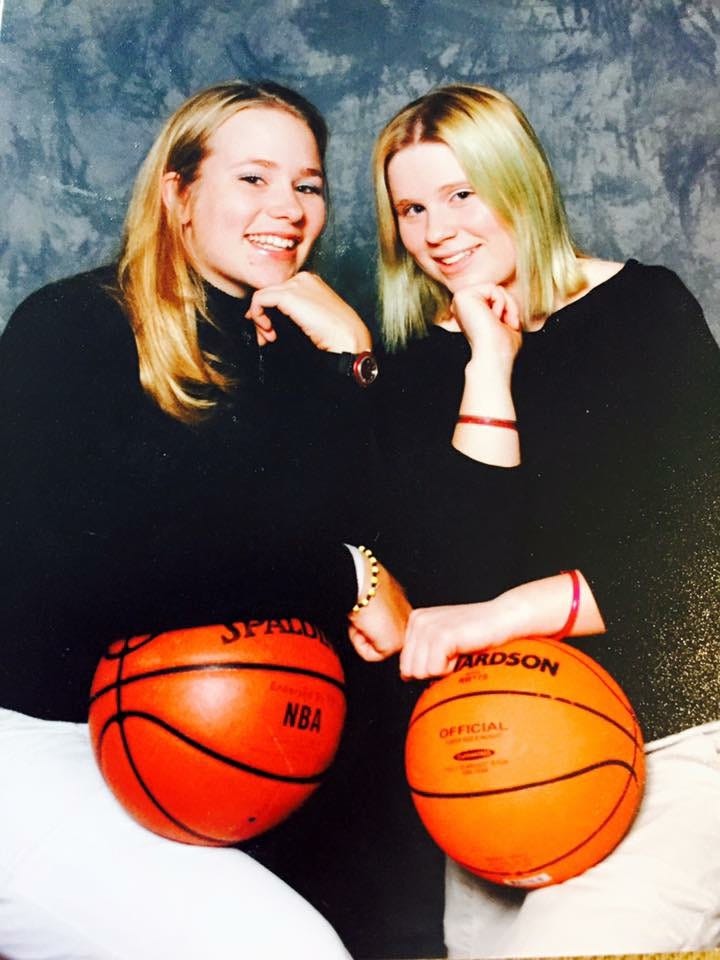The Score
What game are you playing?
On a weekend where an Elite 8 are vying for Final 4 status, awards of the Academy are being distributed, and the top 10% of my sport face down quarterfinals… I decided to dig up my notes on games1.
Playing sports in elementary school, I didn’t investigate the mechanics of a game much past knowing the rules and making sure everyone was included (thank you mom for teaching me this). But as I got older—and the stakes seemingly higher—strategy was introduced.

Zone defense was the opponent and coach Mike Campbell2 had a whole book of plays to throw at them. Our strategies relied on each playing their part: setting up the pick and roll, faking a pass, boxing out, drawing the foul.
Then came college. Not balling at that level, per se, but rather taking a class called Sport, Society & Science3.
We flowed from the economics of building a stadium (negative, usually); to how Cubs fans demonstrated traits of tribalism; to the kinematic sequence; to the Law of Averages; to, well, flow itself.
Either a year prior, or that same year (Alexa: find my college transcript) I took a class about the Olympics with John MacAloon. We explored symbolism in the Olympics (and, I think, other sports), asking things like:
What does it mean for Puerto Rico to be recognized as a nation on such a global [Olympic] stage, when normally it’s treated as an “inincorporated U.S. territory”?
What does it mean for a female performer to wear all white—as she’s escorted by an older man in military service uniform—on her way to sing their nation’s anthem?4
Which coporate sponsors inadvertently offend from country-to-country with their symbols and translations?
As I go on this journey, I am reminded that we can broaden the definition of games. They can be metaphors. They can be digital simulations. They can be those we play at work and in life.
There are many paths that aren’t the main one.
There are many definitions beyond the obvious one.
And so, as I hike around the backcountry trails of my mind, philosopher C. Thi Nguyen appears. He writes extensively about games and, while his analysis is deeply instructive, I don’t plan to engage it here. Instead, I am going to use Nguyen’s philosophy of games as an invitation to philosophize about games.
You in?
Philosophizing: Greek, the love of wisdom
We ask our minds to be so pinpointed these days, we rarely get to experience an education worthy of a free person.
So when I find one of these rare moments of otium, I let my brain open ALL THE TABS. I am overwhelmed, opionated, and confused. It’s disorienting for me and for anyone who joins.
But before I force quit, I bring out the prompt method by Nitzan5. I’ve been experimenting with the technique since taking a class on it earlier this year.
What prompts have taught me so far:
Prompts hover above my fuzzy-yet-pinned memories; beliefs; references. They don’t ask for a single answer; they contain multitudes.
Prompts help me connect with what and why something is shining brightly for me on a given day; week; season. Why this, why now; so what, now what?
Prompts unearth deeper meaning. I can use them on my own and in dialogue with others; both circumstances work in and as spades.
Prompts provide nourishment to a mind otherwise in negotium.
Let’s give it a try.
Step 1: What’s shining brightly for you? Which related words come up?
For illustrative purposes, call games the subject.
I write down: rules, scoring, game day, practice, referees, prizes, rituals, winners, losers, sportsmxnship, jerseys, teams, courts, stadiums.
What does the subject of games bring up for you?
Step 2: Grab a few ingredients from what comes up and start cooking.
Resit the gravity of a question that only has one answer.
Here are a few from my sketching:
What game am I playing?
What game is playing me?
Who is keeping score?
Who is the audience?
Who is the referee?
Is the game writer playing the same or different game?
Are you winning?
What is considered a penalty?
What game are you practicing for?
Will you ever retire from this game?
Step 3: Land in a single gravity or keep the tabs open. Or both.
This is by no means the Magic 8-ball of your mind. Rather, it’s a jungle gym and some backcountry trails. There’s zero gravity, which means no anchors.
And with that, I better get some sleep to show up well in the game tomorrow.
My blessing for TRTLs this week:
May you hike on untraversed trails in your mind;
May you be confused, before sense-making & making-sense;
May at least one game in your life bring you bliss-joy;
May you help others win—wherever & whenever you can.
In the movie where I am the main character, Vivaldi: Winter plays as I throw open journals dating back to 1989…. nostalgia hits me like a late 90s playlist on Spotify… I flip the pages of the books written on my soul… I recount everything every teacher ever taught me—in name and in deed. This is my process.
This is one of twenty hundred thousand stories about Coach Campbell. He also coached our softball teams in Junction City, where teamwork, P.M.A., and happy dorks reigned. I am who I am because I was one of his athletes. Some of my most cherished memories are the bus rides, wall sits, and shared outcomes of this era.
It looks like the 2013 syllabus is similar to that of 2003/04. At least from what I can recall.
I believe I answered something along the lines of: an allegory for a heteronormative wedding between the motherland and patriarchal protector.
At TRTL, we will continue to dance with Nitzan Hermon’s brief/prompt frameworks and evolve them in dialogue (see also his Critical Business School).


